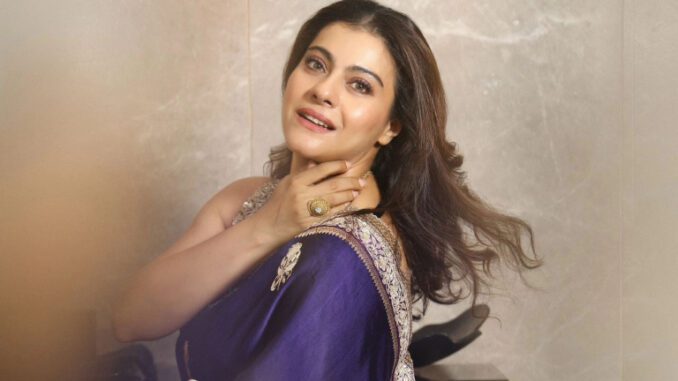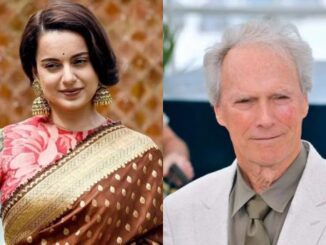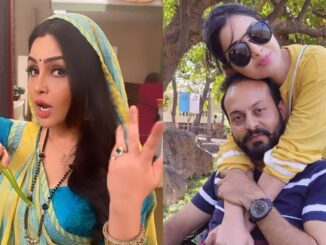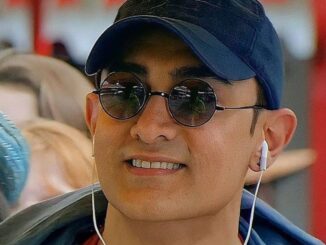
Veteran actress Kajol, known for her remarkable performances and iconic roles in Hindi cinema, recently shared her candid thoughts on the ever-discussed concept of “camps” in Bollywood. Speaking openly about her experience in the film industry, the actress revealed that she was never a part of any exclusive group or camp that often dominated the film fraternity in earlier decades. According to her, such cliques may have existed in the past, but the landscape of the industry has evolved significantly, leaving behind many of those old dynamics.
During a recent interaction, Kajol was asked whether she ever felt pressure to associate herself with any particular group of filmmakers or actors—a practice once considered common in the industry. In response, she said, “I was never a part of any so-called camp. That whole system, for some reason, always bypassed me. I don’t think I even knew how to be part of it, to be honest. It just wasn’t something I actively pursued or found myself involved in.”
Kajol, who debuted in the early 1990s and quickly rose to fame with blockbuster hits like Dilwale Dulhania Le Jayenge and Kuch Kuch Hota Hai, emphasized that her choices were always driven by the roles and the scripts, not by affiliations or social circles. “I always believed in the power of the story and the strength of the character. That’s what guided my decisions, not the politics of which camp I was supposed to belong to,” she added.
Reflecting on the present-day industry, Kajol stated that the concept of camps has become largely outdated. “I think the industry is much more democratized now. With the rise of digital platforms, independent creators, and social media, the power dynamics have shifted. Today, talent and content are getting their due recognition, and that’s a very healthy change,” she explained.
Kajol also pointed out that audiences today have become more receptive to a wider variety of stories and performers. “Earlier, if you weren’t in a particular group, you could miss out on opportunities. But that’s not the case anymore. Now, if you have the skills and the audience likes your work, you’ll get noticed. It’s a lot more merit-based,” she noted.
When asked if she ever felt left out or disadvantaged because of her neutral stance in the camp culture, Kajol admitted that while it may have limited certain opportunities, she never allowed it to define her journey. “Maybe it closed a few doors back then. But I truly believe the right opportunities always found their way to me. I have no regrets. I’ve worked with some amazing people and played some incredible characters. That’s what matters to me.”
Kajol’s take resonates with many industry professionals who are witnessing a gradual dismantling of the old-school structures. Her reflections offer insight into the ways Bollywood is moving forward—towards inclusivity, diversity, and merit.
At a time when conversations about groupism and favoritism continue to resurface, especially in the wake of debates around nepotism and gatekeeping, Kajol’s voice stands out for its honesty and optimism. She remains one of the few stars who managed to carve her own path without subscribing to traditional norms, and her story serves as a reminder that authenticity can still lead to lasting success in an ever-changing industry.



